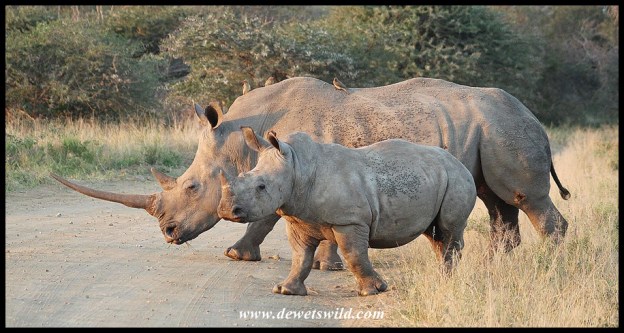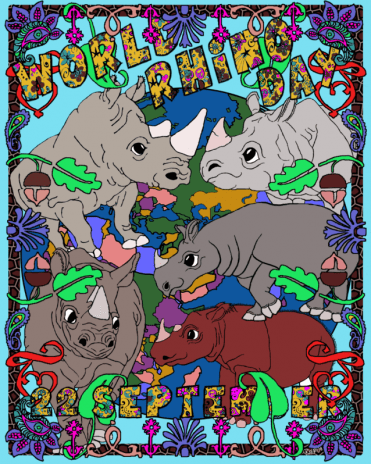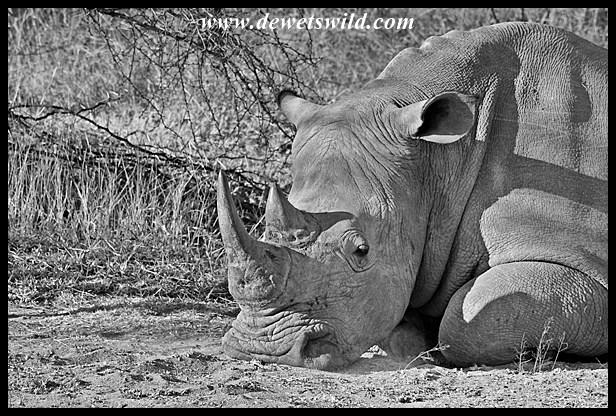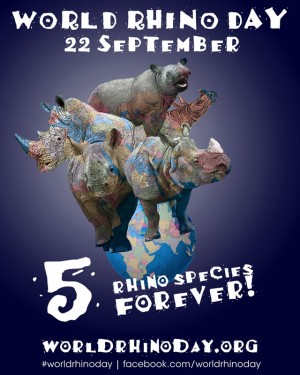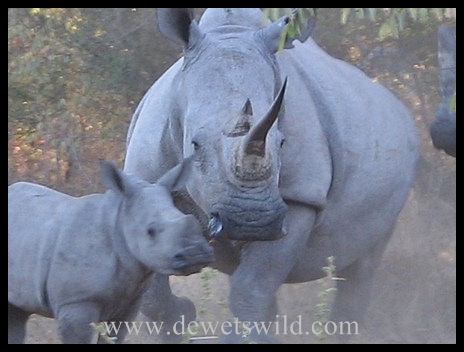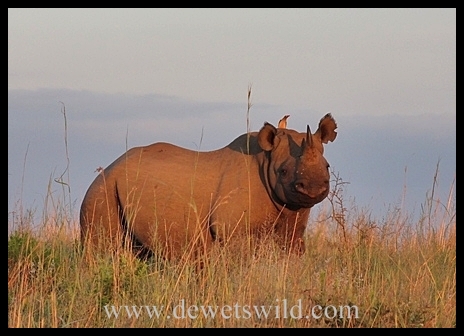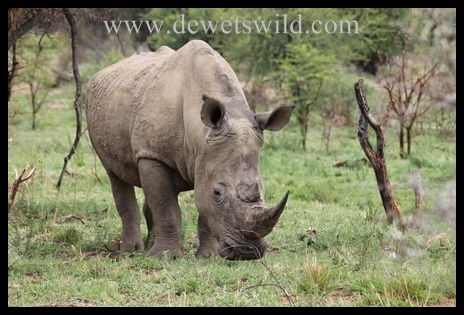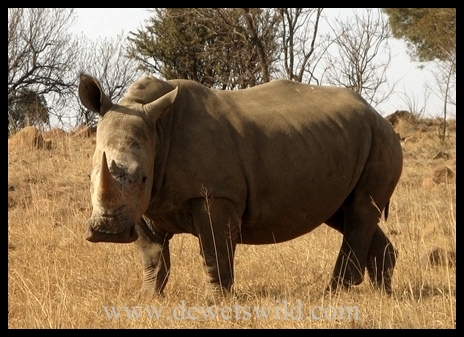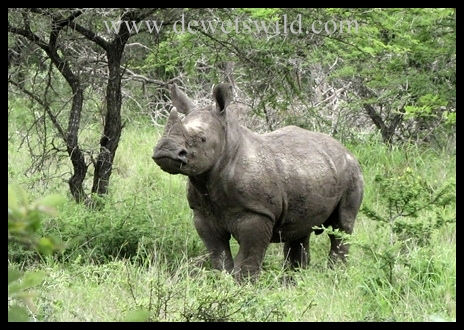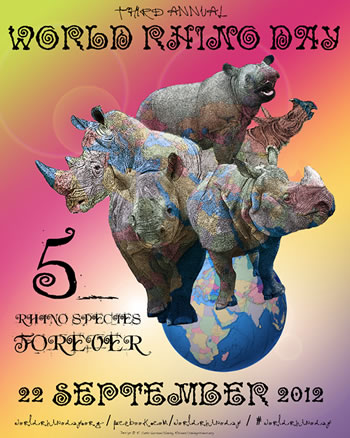How long do we have left to appreciate our rhinos in their natural environment?
Will Joubert be able to take his children to a South African game reserve and show them what a real, live rhino looks like?
Would the citizens of the countries driving the slaughter of our rhinos to satisfy their fallacious beliefs even care about what they stole from Africa’s children?

How long do we have left?

How long do we have left?

How long do we have left?
World Rhino Day is upon us again, and as every year before for almost the last decade the future for these spectacular creatures seem even more bleak.
Figures published by South Africa’s Department of Environmental Affairs at the end of August 2015 indicated a minimum of 749 rhinos lost to poaching in South Africa for the year to date, 544 of which in the flagship Kruger National Park. A recent poaching incident in Hluhluwe-Imfolozi Park pushed the total lost in Kwazulu-Natal Province this year to 75. This follows on the loss of a staggering 3,900+ rhinos in this country alone to the end of 2014, since the poaching scourge started escalating in 2007 .
Still, there are many individuals and organisations investing enormous effort and resources into ensuring these charismatic animals are protected for future generations, and they deserve our respect and support. According to DEA at the time of their release, 138 poachers have been arrested in the Kruger Park this year, many of them heavily armed and only apprehended after exchanging fire with rangers and military personnel. The costly process of translocating rhinos out of high-danger zones to areas where they are thought to be more secure, is continuing. South African National Parks invested large sums donated by the Howard G Buffet Foundation, Peace Parks Foundation, and private donors into the purchasing of helicopters, all-terrain vehicles and other equipment to ensure that the Kruger Park’s rangers have the resources they need to face this onslaught on the wildlife in a Park bigger than many sovereign countries. Involving the communities living around reserves where rhino occur is pivotal to success, exemplified by SANParks’ liaison with Christian churches and iSimangaliso Wetland Park and their partners’ “Rhino Walk” taking place between 7 September and 2 October, during which they’ll visit 75 schools with thousands of learners. Fighting rhino poaching requires a multi-faceted approach, which is why iSimangaliso have also recently de-horned the entire rhino population on the Western Shores of Lake Saint Lucia, and publicised this widely.
Had it not been for these, and many more, dedicated people, and their tireless efforts, the situation undoubtedly would have been far worse still.
The war has not yet been lost.


















































